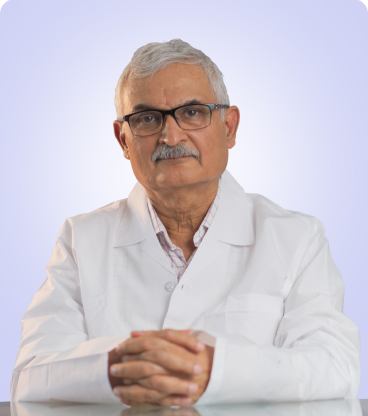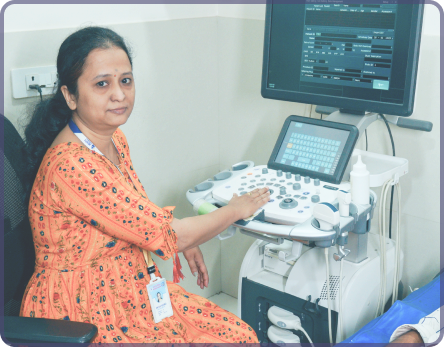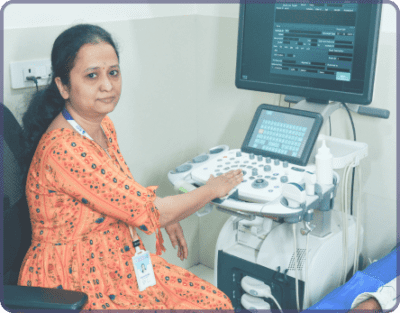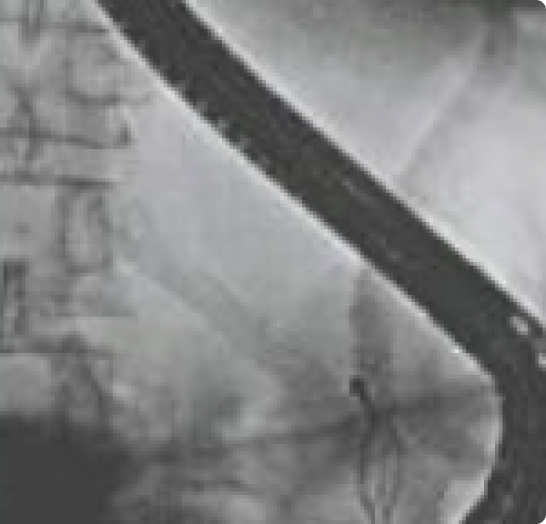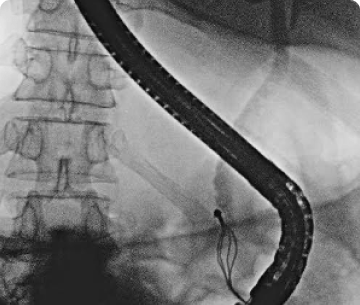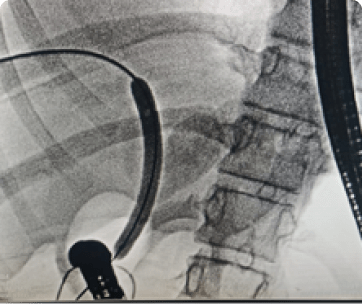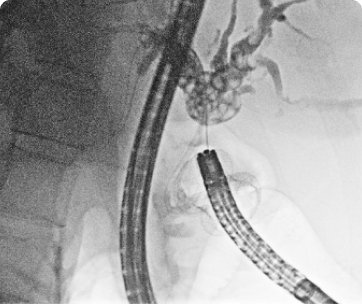INFLAMMATORY BOWEL DISEASES
Inflammatory bowel disease (IBD) is a term used to describe a group of conditions that cause chronic inflammation in the digestive tract.
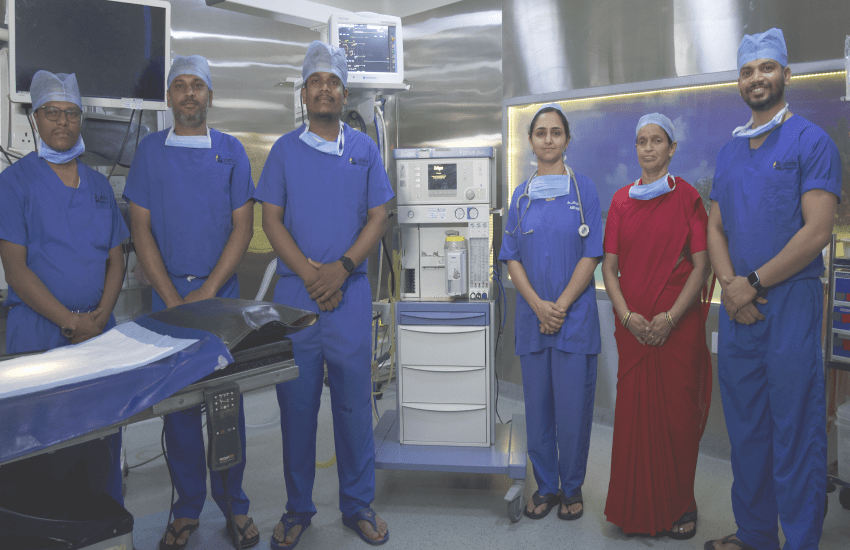
INFLAMMATORY BOWEL DISEASES

Inflammatory bowel disease (IBD) is a term used to describe a group of conditions that cause chronic inflammation in the digestive tract.
OVERVIEW
Inflammatory bowel disease (IBD) is a term used to describe a group of conditions that cause chronic inflammation in the digestive tract. The two main types of IBD are ulcerative colitis and crohn’s disease. Both conditions can cause symptoms such as abdominal pain, diarrhea, and rectal bleeding. IBD is a chronic condition that requires ongoing management to control symptoms and prevent complications.
The exact cause of IBD is unknown, but it is thought to be related to an abnormal immune response to bacteria in the gut. Genetics may also play a role in the development of IBD.
Diagnosis of IBD typically involves a combination of medical history, physical exam, blood tests, stool tests, and imaging studies such as colonoscopy or endoscopy. These tests can help to determine the extent and severity of inflammation in the digestive tract.
Treatment for IBD typically involves a combination of medication, dietary changes, and lifestyle modifications. Medications such as anti-inflammatory drugs, immunosuppressants, and biologic therapies can help to reduce inflammation and control symptoms. Dietary changes such as avoiding trigger foods and increasing fiber intake can also be helpful in managing symptoms. In some cases, surgery may be necessary to remove damaged or inflamed tissue from the digestive tract. It is important to work with a healthcare professional to determine the most appropriate treatment plan based on the severity and extent of IBD.
It is important to see a doctor if you experience symptoms of IBD, such as chronic diarrhea, abdominal pain, rectal bleeding, unexplained weight loss, or fever. It is also important to seek medical attention if you have a family history of IBD or if you have previously been diagnosed with IBD and experience a flare-up of symptoms.
The exact cause of IBD is unknown, but it is thought to be related to an abnormal immune response to bacteria in the gut. Genetics may also play a role in the development of IBD.
Diagnosis of IBD typically involves a combination of medical history, physical exam, blood tests, stool tests, and imaging studies such as colonoscopy or endoscopy. These tests can help to determine the extent and severity of inflammation in the digestive tract.
Treatment for IBD typically involves a combination of medication, dietary changes, and lifestyle modifications. Medications such as anti-inflammatory drugs, immunosuppressants, and biologic therapies can help to reduce inflammation and control symptoms. Dietary changes such as avoiding trigger foods and increasing fiber intake can also be helpful in managing symptoms. In some cases, surgery may be necessary to remove damaged or inflamed tissue from the digestive tract. It is important to work with a healthcare professional to determine the most appropriate treatment plan based on the severity and extent of IBD.
It is important to see a doctor if you experience symptoms of IBD, such as chronic diarrhea, abdominal pain, rectal bleeding, unexplained weight loss, or fever. It is also important to seek medical attention if you have a family history of IBD or if you have previously been diagnosed with IBD and experience a flare-up of symptoms.
Don’t wait!!
Get consulted with our GI specialist today
Book your appointment effortlessly.
FREQUENTLY ASKED QUESTIONS

MEET OUR DOCTORS
Our team comprises of well experienced and skilled medical professionals from all the allied medical specialties helped by young enthusiastic doctors.
MEET OUR DOCTORS
Our team comprises of well experienced and skilled medical professionals from all the allied medical specialties helped by young enthusiastic doctors.




